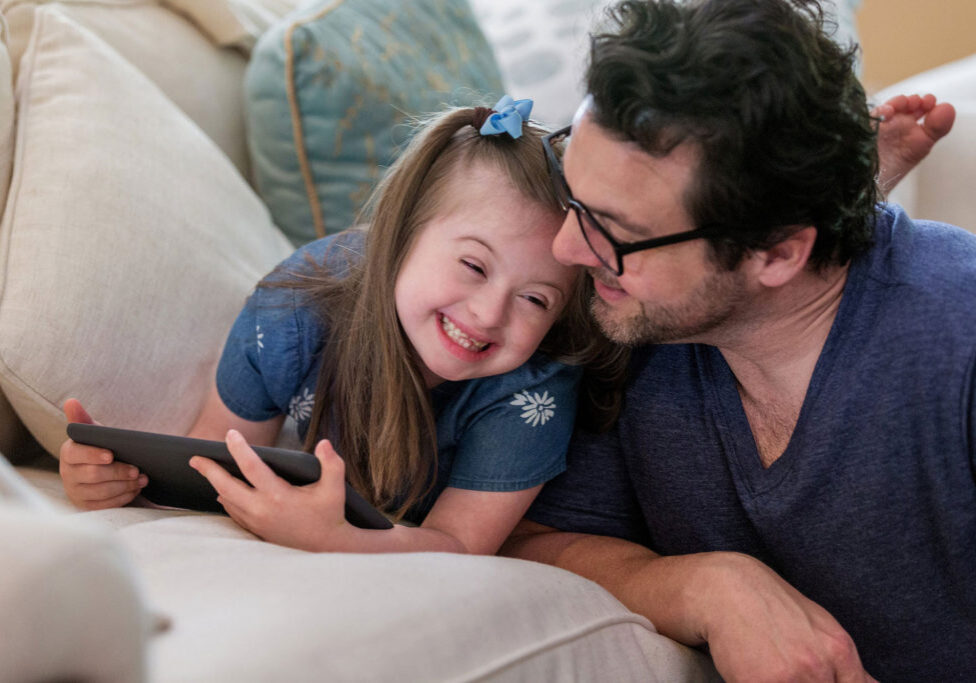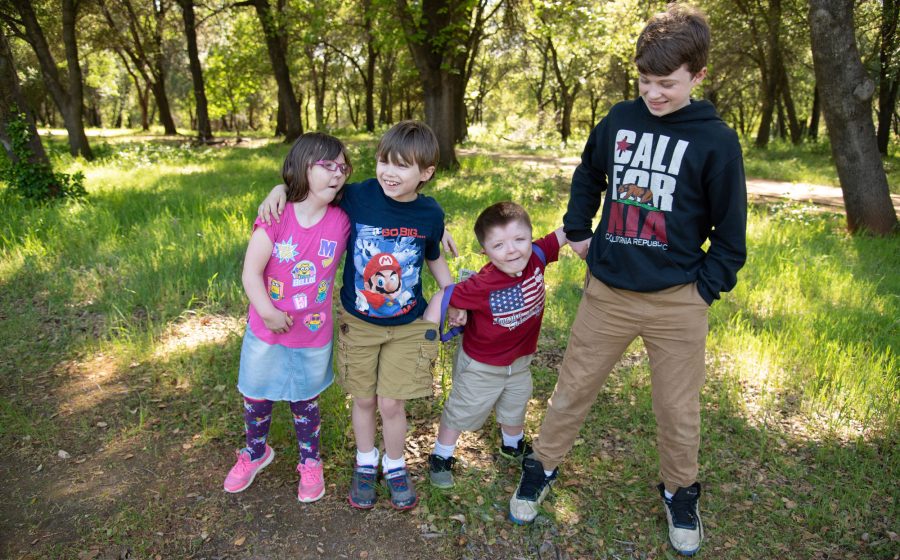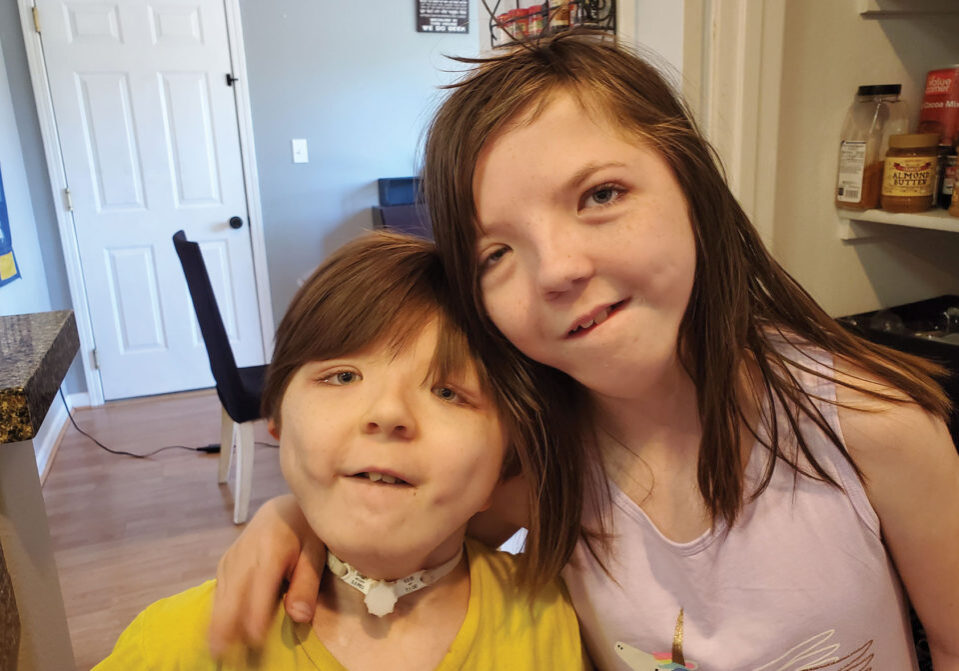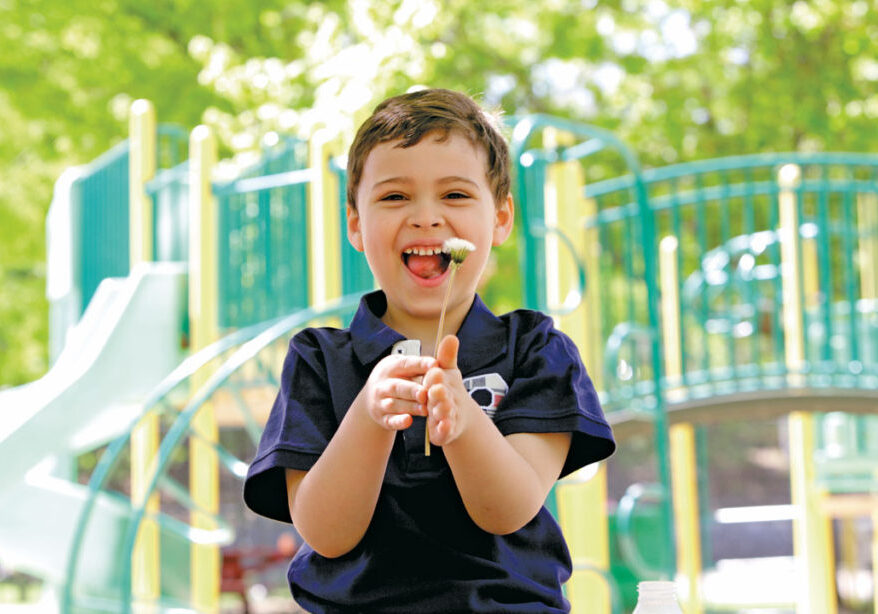School Re-Openings And Educational Rights
It’s back-to-school time in the North State, and I think it’s fair to say that the 2020-2021 school year has been on the minds and hearts of all parents of school-age children, not just in California, but across the nation.
As the parent of two children with special needs and significant disabilities, I had, and still have, a laundry list of questions about how the re-opening of school will affect my children. How could their school ensure that their emotional needs would be met along with their educational needs while trying to keep them safe in the uncertain times of a pandemic? The frustrating truth is that there are no easy answers and that despite proactive planning, circumstances could rapidly change.
There is also a concern about parents receiving accurate information. There has been some misinformation floating around on the internet since late spring about what the school year might look like as schools re-open. In early June, the California Department of Education released “Stronger Together: A Guidebook for the Safe Re-opening of California’s Public Schools”. The guidelines are not mandates, and small county implementation will be quite different than larger counties. It will be up to the individual school districts as to how that district plans to implement these vital guidelines. It is also a living document, according to California State Superintendent of Public Education Tony Thurmond, and is subject to change.
“Stronger Together” emphasizes the importance of addressing the unique needs of children with disabilities in public schools. There are students with sensory and behavior issues, students with medical needs that may be more susceptible to infection. Students with cognitive disabilities who need assistance with basic hygiene tasks such as toileting and handwashing. Students with communication and language issues who may not be able to communicate symptoms of illness. A huge part of special needs education is the Individualized Education Plan (IEP), and parents should work closely with their children’s schools to make sure that their IEPs reflect the current situation.
Another concern for parents of medically fragile children is the thought of being penalized if their child misses class due to increased risk for COVID-19. “Stronger Together” and the guidelines put forth from the California Department of Public Health both state that schools should ensure that students with disabilities have access to instruction while out of class, as required by federal and state law. Options for staff and students in the high-risk category, including making working remotely, distance learning, and independent study available.
School will look different for all our children, but we won’t know exactly how different until shortly before students are due to return this month or early next month. Some districts have already come out with tentative guidelines but have made it clear that those guidelines may change depending on the circumstances.
For accurate and up to date information, please contact your school district. In most cases, information can be found on each school district’s website. Also, refer to the “Stronger Together” document and guidelines. Be sure to check back often, as circumstances could change quickly.
- Stronger Together: A Guidebook for the Safe Re-opening of California’s Public Schools.
- CDPH Guidelines for School Re-opening
- For Information on IEPs and special education law pertaining to COVID-19, please see: Disability Rights CA- Coronavirus Information
- Wrights Law
Posted in: Uniquely Us
Comment Policy: All viewpoints are welcome, but comments should remain relevant. Personal attacks, profanity, and aggressive behavior are not allowed. No spam, advertising, or promoting of products/services. Please, only use your real name and limit the amount of links submitted in your comment.
You Might Also Like...

Raising Awareness Of Rare Genetic Conditions
February 28 is World Rare Disease Day. This is an annual observance to raise awareness for the 400 million people worldwide affected by rare diseases. Advanced medical technology and research […]

Special Needs Parenting and Puberty
Special Needs Parenting The Perfect Storm of Puberty Special needs parenting is often like an unpredictable weather pattern, and there has been a storm brewing in our home for months. […]

What to Know When Choosing Gifts for Kids with Special Needs
Finding the perfect holiday gift for the people in your life can be a challenge, and finding something for a child with special needs is no exception. While all kids […]

4 Things Parents of Special Needs Children Don’t Love Hearing – Uniquely Us
As most parents of a child with special needs know, other people often have a desire to comment to us about our children, or our parenting. Family, friends, and even […]





